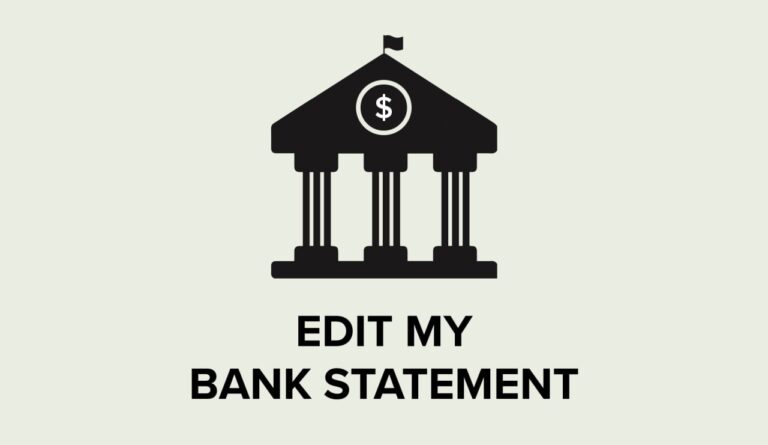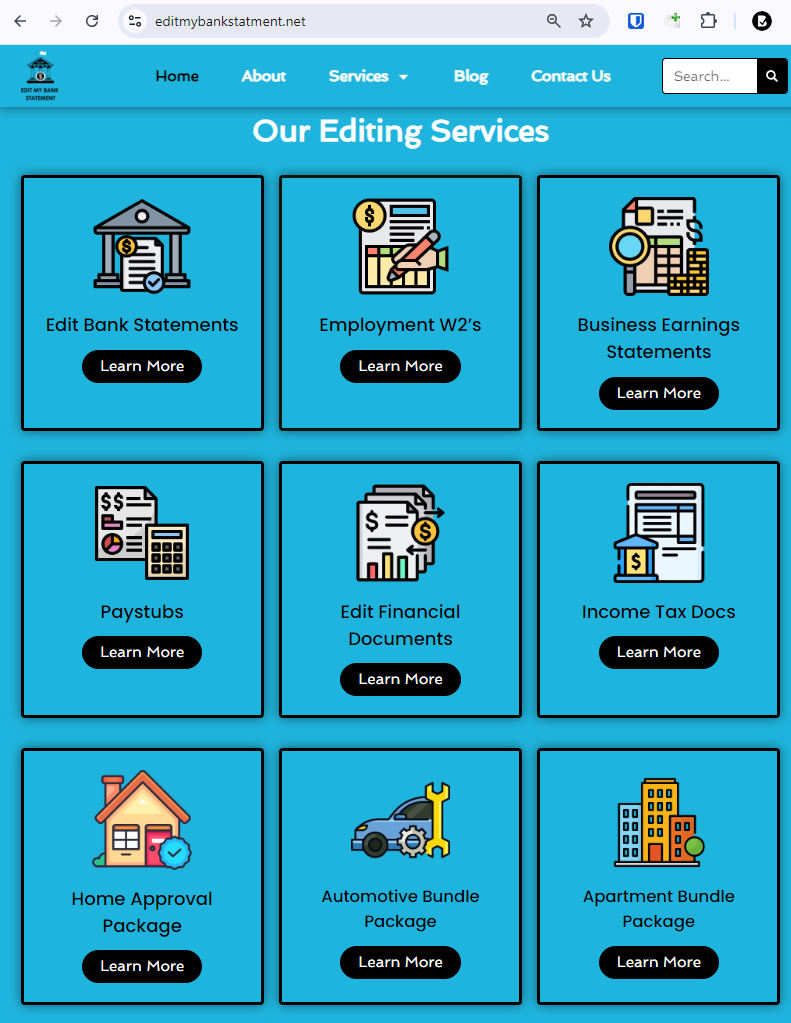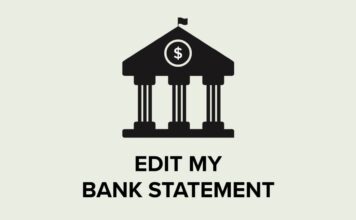Stop Using Brokerage Statements to Show Your Track Record

Most traders who wish to raise external capital are asked to credibly demonstrate prior trading results. This requirement creates an unpleasant catch-22: a full audit or a formal index for a strategy is usually too expensive and unsuitable for those who are not yet professional money managers, and even an audit may fail to resolve all questions around a track record. However, raising capital can be fiendishly difficult without a credible, verifiable track record.
As a next-best option, traders often save their brokerage statements and share these with potential investors. Account statements are readily available and free. However, they are not a reliable or comprehensive method for verifying trading performance. Several key drawbacks to using brokerage statements for track record verification are:
- The unavailability of statements for many strategies
- Potential for selective presentation of results
- Potential for errors or outright manipulation and fraud
- Cumbersome to use for analysis
- Lacking in timely updates
This article examines these drawbacks in more detail and proposes an alternative lightweight solution.
Brokerage Statements are Unavailable for Many Strategies
Many aspiring investment managers cannot access all the products they wish to trade, meaning they must present model performance. By definition, any strategy that involves trading products that are not available through a brokerage account does not have the option of presenting brokerage statements to validate performance and analytics.
Many investment products are traded over-the-counter (e.g. bonds) or in non-standard markets (e.g. cryptocurrencies), and not necessarily through traditional brokerage accounts. Some products and brokers don’t allow fractional shares, making real-dollar strategies impossible to implement without substantial capital.
The Potential for Cherry-picking (Selective Presentation of Results)
Survivorship bias can often lead to unintuitive results
Brokerage statements are subject to cherry-picking of results in subtle ways. Because an investor cannot know how many brokerage accounts a trader has, the trader’s choice of which accounts to present creates the potential for selective presentation.
A few examples:
- Cherry-pick best performers: A trader can trade multiple independent strategies across multiple accounts and conceal those accounts that have made losses. A related exploit is to allocate winning trades to some accounts selectively.
- Build guaranteed winners: A trader can run strategies with opposing bets such that one is guaranteed to be profitable.
- Parameter-tuning: Even a strategy as simple as a market basket or a 60/40 stocks and bonds portfolio, can yield very different results based on rebalance timing, benchmark index and other parameters.
- Omit poor-performing accounts: When a strategy spans multiple accounts, a trader can exclude statements from the accounts with poor performance.
- Pick an attractive time window: A trader can choose a favorable start date for sharing brokerage statements, omitting poor prior results.
Due to cherry-picking concerns, brokerage statements are credible only for presenting FUTURE performance after a trader has committed to share complete data for a given account, and only when the completeness and accuracy of such statements can be assured. If a trader has a relationship with an allocator, points them to a specific brokerage account, and then starts sending monthly statements for that account, then, subject to the above concerns over statement tampering, the performance on those statements is credibly free of cherry picking.
Even if feasible in a given case, such commitments are not a scalable approach to raising capital: the trader needs to have an established relationship with the allocators to begin creating a track record specifically for them. Past statements that preceded the trader’s direct relationship with the allocator are subject to all cherry-picking concerns above.
Brokerage Statements Can Be Manipulated
Modifying account statements is relatively easy using PDF and image editors. We strongly oppose this practice, but there are many online services offering to modify sensitive financial documents.

A particularly notable example of a statement alteration service provider
Traders can alter numbers, trades, and balances. Unauthorized changes are generally undetectable. As in all aspects of finance, minor data modifications can have immense significance. Removing a single bad trade or adding a zero can transform a terrible investment track record into a great one.
Furthermore, brokerages do not typically verify the authenticity of investor statements for 3rd parties, meaning that a brokerage statement is inherently a first-party (self-reported) document.
Forged financial statements have been at the heart of many notorious financial schemes, including those of Bernie Madoff, Robert Allen Stanford, and the Peregrine Financial Group. And these are just the high-profile frauds. More mundane fraud using modified brokerage statements is widespread and widely reported.
Even if you’re honest and scrupulous, the presence of forged statements in the capital raising markets and the difficulty of detecting them mean your performance claims are likely to be discounted by potential investors.
Busy Allocators Can’t Analyze Brokerage Statements

While brokerage statements show profit and loss and all transactions in a particular account, this is often only the start of the information an allocator requires to make an investment decision.
Sophisticated allocators want to understand how and why an investor made money, whether the process is replicable, which risks were taken along the way, and many other portfolio characteristics.
Getting this information from brokerage statements is a laborious, time-intensive process. The statements must be imported into or converted to a format compatible with the allocator’s analytics systems. The problem is aggravated since each brokerage has a different format for statements and some omit critical information.
Even simple metrics like geographic exposure, turnover, position concentrations, and net exposures may not be available from the statements. More sophisticated metrics like risk factor exposures and attribution, a prerequisite for large allocations from sophisticated actors, require export to external systems.
Providing a formatted trade file separately from the brokerage statements may offer some convenience, but it introduces an additional challenge: ensuring the trades precisely match the statements. For example, if you provide a separate CSV file listing all executed trades, an allocator needs to cross-reference each entry against the official brokerage statements to verify accuracy— a tedious, error-prone process that may need to be repeated month after month.
It’s also worth noting that many traders aspire to manage far more assets than they trade in their personal brokerage accounts. This can make brokerage statements unrepresentative or outright irrelevant without capacity modeling. A strategy may have limited capacity and may not scale to high AUM due to transaction costs. Alternatively, a strategy may experience very large costs when traded with limited assets. Determining whether a strategy can scale requires stress tests and transaction cost analysis, another reason track record data must be exported and analyzed systematically.
For most allocators, the inability to understand what drives the success of an investment strategy is reason enough to avoid investing. Moreover, most allocators are busy and overwhelmed with potential investment opportunities. As a result, few allocators invest the time and effort necessary to analyze a potential GP’s brokerage statements.
Statements are only a Periodic Snapshot
Brokerage statements provide performance updates only at fixed intervals, typically monthly or quarterly, capturing a static snapshot of a portfolio. Many allocators prefer tracking live performance to better assess strategy behavior and manage risk proactively. For instance, allocators may wish to know how investment strategies perform in response to certain market shocks or on particularly volatile days.
The ability to regularly monitor strategy performance enhances risk management and investor engagement. Many allocators are genuinely interested in their chosen strategies and prefer frequent updates—more often than just monthly—to stay informed, involved, and responsive.
A Path Forward
A solution for establishing a credible track record is needed for those who wish to attract external capital without spending $10,000+ per strategy per year. A credible solution must:
- Support a wide array of markets
- Preclude cherry-picking of results
- Possess bulletproof historical data integrity
- Support advanced risk reporting and performance attribution
- Provide timely data
Brokerage statements fail all of the above. validityBase has built a simple and economical solution that meets the requirements of both traders and allocators.
If you are a trader who wishes to build a highly credible record of investment performance at a modest cost, we are happy to help.
If you are a capital allocator looking for an edge in identifying and evaluating managers with credible and verifiable track records, we can also help you.
Please e-mail hello@vbase.com or visit our contact page to reach us directly.
Recent Posts
 Why Great Returns Don’t Attract Investors
Why Great Returns Don’t Attract Investors
Many investors are unable to convert strong returns into clients or capital. Learn why and how to fix it.
 Mitigating BorgBackup Client Compromise
Mitigating BorgBackup Client Compromise
A compromised BorgBackup client allows undetectable tampering with past backups. vBase offers a simple solution.
 Stop Using Brokerage Statements to Show Your Track Record
Stop Using Brokerage Statements to Show Your Track Record
Many traders use brokerage statements to create a verifiable track record. Unfortunately they are not credible for this purpose. A better alternative exists.